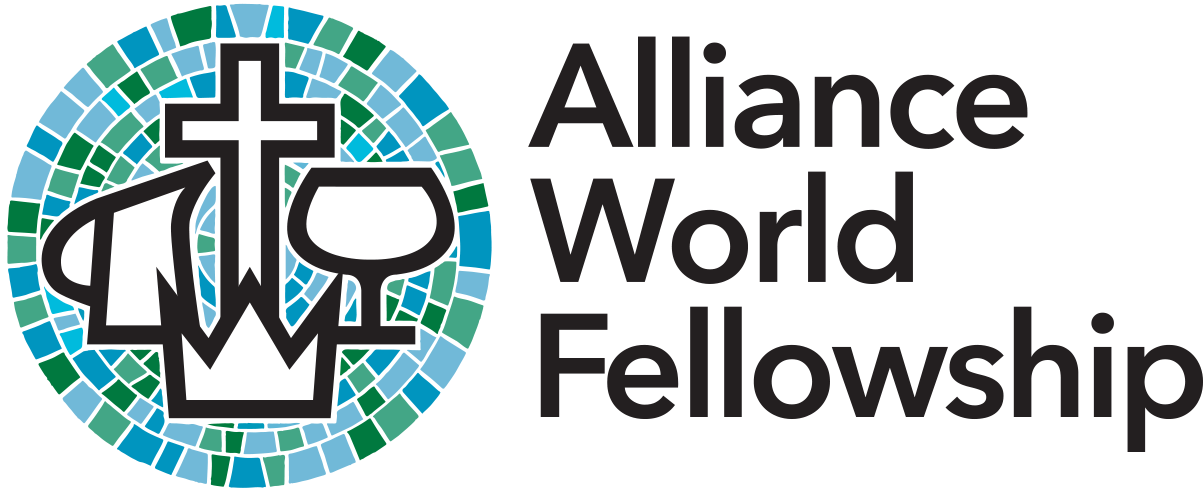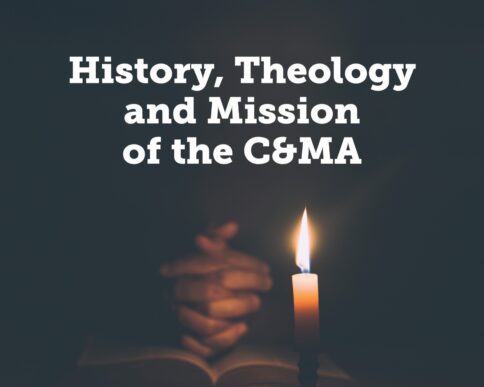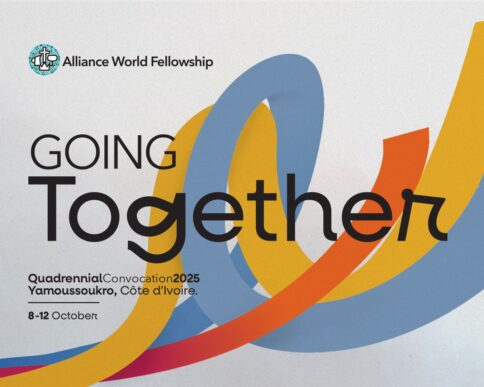Bringing New Knowledge to the Church in Mali
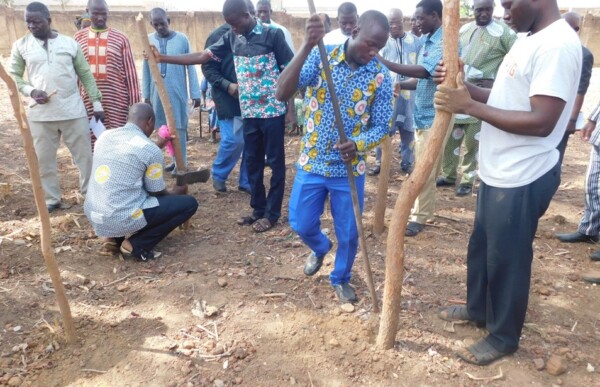
Related News
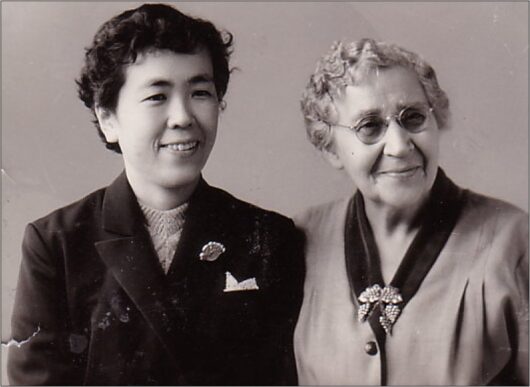
Mutsuko Ninomiya: Pioneer Missionary from Japan to Brazil
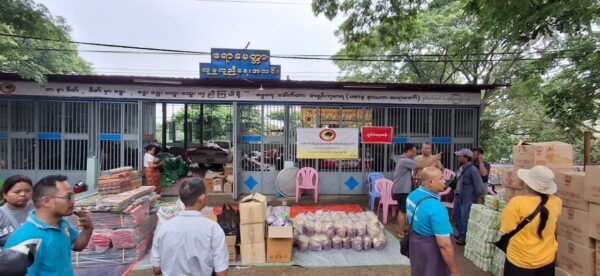
Alliance Churches in Thailand and Myanmar Respond to Dual Crises
The Alliance Church of Mali (ECEM) and its partners conducted training at the Bible School in Koutiala, Mali, to bring new knowledge that will enable people to improve their livelihood through agriculture and other income sources.
Among the major challenges of agriculture in Mali and in the West African sub-region are poor agricultural practices such as the lack of organization of producers in the villages, the non-processing of agricultural products, plus the effects of climate change and the use of unsuitable chemical fertilizers that annually impoverish cultivable soil.
This does not give producers enough income since it is the raw product that is offered to the marketing circuit. ECHO (Hope Against Hunger West Africa), in collaboration with the Alliance World Fellowship (AWF), organized training benefiting ECEM church members. The central theme was Farming God’s Way.
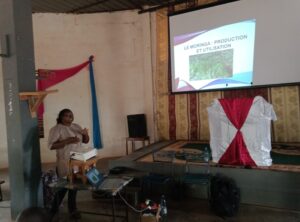 One of the main topics of the training was the nutritional, medicinal, and economic importance of the Moringa Oleifera plant. The participants were encouraged to plant and maintain Moringa, which has many benefits since all parts of the plant are used. Moringa also fertilizes the soil, capturing nitrogen from the atmosphere. This interesting topic was followed by many questions and conversations.
One of the main topics of the training was the nutritional, medicinal, and economic importance of the Moringa Oleifera plant. The participants were encouraged to plant and maintain Moringa, which has many benefits since all parts of the plant are used. Moringa also fertilizes the soil, capturing nitrogen from the atmosphere. This interesting topic was followed by many questions and conversations.
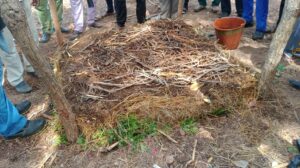 Other topics covered were Farming God’s Way (FGW), which includes such practices as digging a systematic grid of holes, adding compost materials, and covering what is planted with mulch to increase the crop yield. Discussions also included making one-day compost, 21-day composting, and the manufacturing of liquid biofertilizers.
Other topics covered were Farming God’s Way (FGW), which includes such practices as digging a systematic grid of holes, adding compost materials, and covering what is planted with mulch to increase the crop yield. Discussions also included making one-day compost, 21-day composting, and the manufacturing of liquid biofertilizers.
The module on microcredit encouraged participants to develop ways of mobilizing internal resources for financing activities through a savings and credit system. It taught them how to identify a need, buy and sell, know the market, and build customer loyalty through marketing strategies.
The training ended with a session on neem oil extraction. Neem oil is used to treat earaches, colic, and certain skin diseases. It also serves as a mosquito repellent and is used for deworming livestock and poultry, as well as making biopesticides to protect crops.
According to the participants, practicing these principles will allow them to improve their yields and, above all, protect themselves from food contaminated by chemicals. The best part is that they can use locally accessible ingredients and materials in all the techniques.
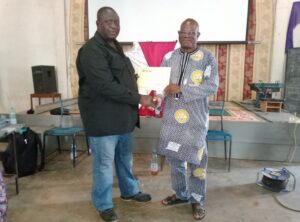 The closing ceremony was led by Rev. Sadrac Diarra, the president of ECEM, who handed a certificate to each participant. We praise God for the team involved in the training and for all that the Lord is doing among our brothers and sisters in Mali.
The closing ceremony was led by Rev. Sadrac Diarra, the president of ECEM, who handed a certificate to each participant. We praise God for the team involved in the training and for all that the Lord is doing among our brothers and sisters in Mali.
Let us continue to pray for them as they practice their newly learned techniques and cope with occurrences of flooding throughout the country, which makes for mixed agricultural production.
